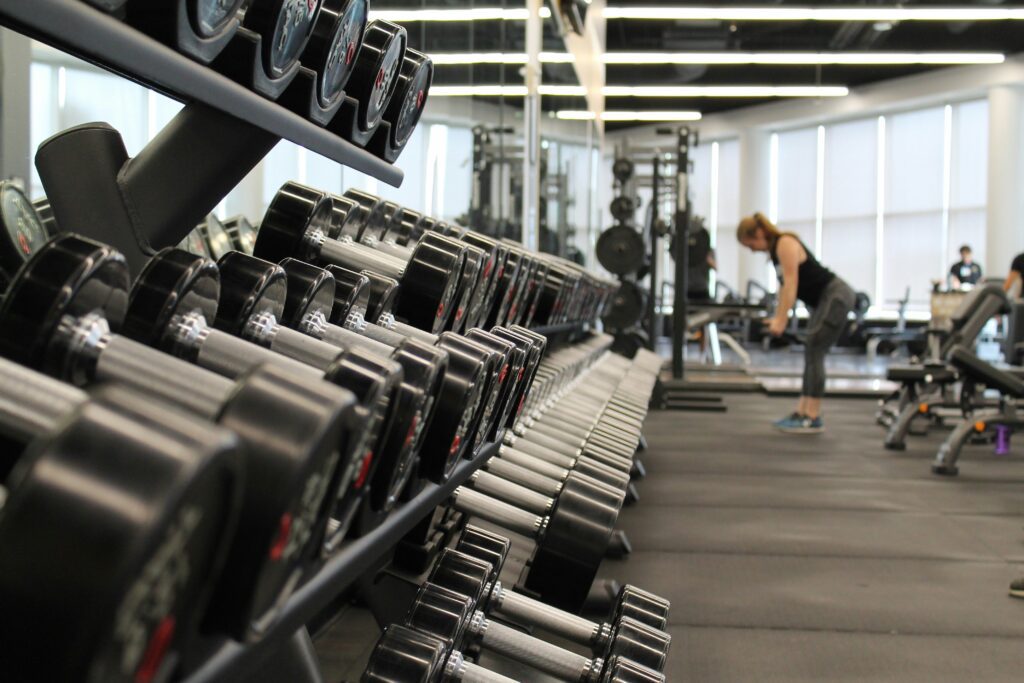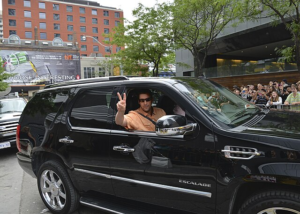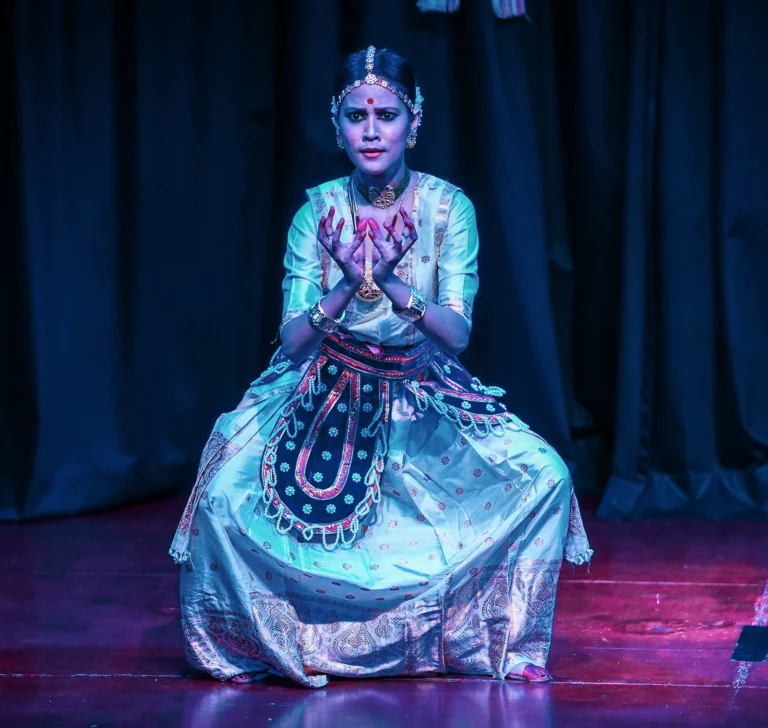In South Korea, a gym’s recent decision to ban middle-aged women, creating a “no-ajumma zone,” has sparked heated debate and public outrage. This incident comes amid growing concerns over discrimination in public spaces.

On June 10, a post on Blind, an online platform for verified employees, revealed that a gym in Incheon had displayed a sign stating, “Ajumma not allowed to enter,” with an additional note: “Only cultivated and elegant women allowed.” The term “ajumma” is a Korean word used informally to refer to a married or middle-aged woman but has acquired derogatory connotations over the years.
The gym also listed eight conditions defining an ajumma, regardless of age or marital status. These conditions included:
- Liking free things
- Being frequently sworn at without knowing why
- Sitting in seats reserved for pregnant women on public transport
- Sharing one cup of coffee between two people in a café
- Secretly disposing of food waste in public bathrooms
- Being frugal with personal money but not with others’ money
- Having poor memory and judgment, repeating the same things
The gym owner justified the “no-ajumma zone” by citing personal grievances, claiming that older women had caused “great damages.” He alleged that some brought laundry baskets to the gym, left hot water running for hours, and made sexually inappropriate comments to young female members.
The public reaction has been overwhelmingly negative, with many criticizing the blatant discrimination. This incident highlights a broader issue in South Korean society, where “no” zones, barring specific groups, have been emerging.
According to Article 11 of the South Korean Constitution, discrimination based on sex, religion, or social status is prohibited. In 2017, the National Human Rights Commission of Korea (NHRCK) ruled that “no-children zones” constitute discrimination and are illegal. However, the NHRCK lacks the legal authority to enforce its rulings, rendering them mere recommendations.
Despite constitutional protections, South Korea and Japan remain the only Organisation for Economic Cooperation and Development (OECD) countries without comprehensive laws preventing discrimination based on sex, disability, age, race, nationality, gender identity, sexual orientation, religion, and political opinions.
The gym’s creation of a “no-ajumma zone” has brought to light the ongoing issues of intolerance and discrimination in South Korea. While the country’s legal framework provides some protections against discrimination, the lack of enforceable laws and comprehensive anti-discrimination legislation continues to allow such practices to persist.








